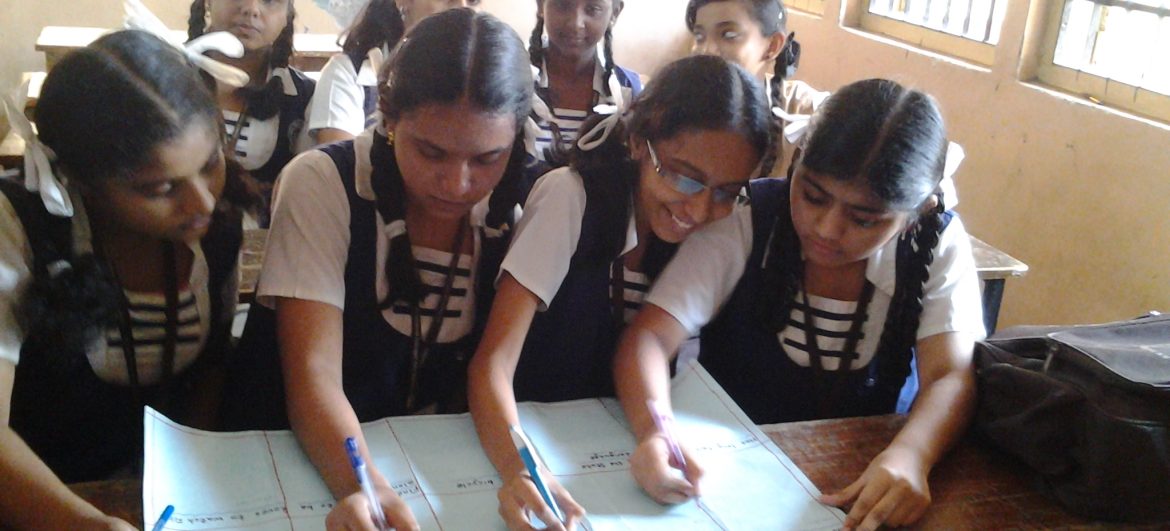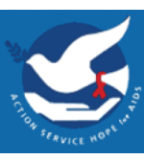Quis autem velum iure reprehe nderit. Lorem ipsum dolor sit nulla or narjusto laoreet onse ctetur adipisci.

ASHA Foundation
Supported by: Wipro Cares
About ASHA Foundation
ASHA Foundation was established in 1998. At that time, the global HIV/AIDS pandemic was at its height and there was concern that India was going to be the next flash point after Africa. There was also intense stigma and discrimination towards HIV population. So, ASHA Foundation was established by two doctors to complement the government’s efforts and contribute to it.
The Approach
At the time, they decided to provide a range of services in the field of HIV/AIDS to the HIV population as these services were lacking.
Projects
The AIDS Helpline and Counseling Services: This was established by ASHA Foundation in 1998 and was the first helpline for the state of Karnataka and the third one in the country. This helpline was established because people were hesitant to come out in the open and clarify their doubts. They preferred anonymity and confidentiality, which was provided by the helpline. From 1998 to 2011, this interactive voice response system received and responded to around 3,88,000 calls. In the year 2000, a manual telephone counseling system was also added, which has received almost 31,000 calls so far. In addition, there is face-to-face counseling for HIV/AIDS with HIV testing. Almost 10,000 counseling sessions have been conducted. Awareness programs on HIV for thousands of metro construction workers, contract laborers, police training college trainees, garment workers, auto drivers, housemaids and street vendors, anganwadis, doctors, nurses, teachers, nursing students, medical students’ community health workers and lay people have also been conducted.
Adolescent Health Education: Adolescent Health Education is one of the projects of ASHA Foundation which was launched in the year 2000, due to the then concern that 35% of all those infected with HIV were in the age group of 15 to 25 years. The project involves the empowering of adolescents so that they can face the challenges of their future. The project started with the empowering of students in the area of preventing HIV/AIDS, which was a threat to adolescents. As years passed on, the curriculum changed to a character building, life skills and value based adolescent health education program focusing on non-cognitive skills, which is very important for holistic development. An in-house resource manual for teachers was developed; students’ workbooks and parents’ manual were developed. There are three units – first unit is taught in class 7, the second in class 8 and the third in class 9. Teachers are trained to teach the curriculum in 3-days workshops conducted by master trainers.
So far, 3500 teachers have been trained. More than 3 lakhs students have used the curriculum and in 19-20 – 546 institutions and 54,800 students were using the curriculum.
Children at Risk Project: In this project, ASHA Foundation provides educational support through financial support for HIV infected and affected children, nutritional and medical support for HIV infected children, men, and women including widows. WIPRO has supported ASHA Foundation for the last six years in providing finance for educational support for HIV infected and affected children. ASHA Foundation conducts a free HIV/AIDS clinic three times a week and empowers women through formation of self-help groups, job placement, loans, and transmission of knowledge on all aspects of HIV/AIDS.
Prevention of Mother to Child Transmission of HIV (PMTCT) project: HIV can be transmitted from a HIV positive pregnant mother to her newborn child during pregnancy, labor, delivery and breast feeding. In India, there is 45% chance of a newborn being infected at birth and remaining infected throughout life. By identifying HIV positive pregnant mothers and treating them with Antiretroviral Therapy (ART), the babies can be prevented from acquiring HIV. So far, more than 2,00,000 pregnant women have been tested for HIV, around 1025 were HIV positive and treated. Risk of transmission was reduced from 45% to 1.85% in out cohort.
Camp Rainbow Project: Camp Rainbow is a psychosocial program to provide opportunities for children living with HIV (10 to 16 years) to participate in HIV education, traditional camp activities through the vehicle of residential and day camps. It aims at enhancing campers’ adherence to treatment and medication, to improve their quality of life with the focus on primarily providing children with serious fun! We also ensure that they increase social peer relationships. Overall, it reduces stigma and discrimination within the community as we invite youth to participate in this structured program as camp staff. The program is called Camp ‘RAINBOW’ because a rainbow has colors that children love. In many civilizations, ‘RAINBOW’ is even a symbol of hope. Similarly, through our Camp program, we would like to bring in a sense of hope and better future in the lives of the children living with HIV. So far, around 500 HIV positive children have attended camp, and 200 volunteers from colleges have helped with it. In addition, more than 100 children living with HIV have attended our Leadership In Training (LIT) programs (age 17-26 years).
In addition to these projects, ASHA Foundation has built the capacity of teachers, doctors, nurses, medical students, nursing students, community health workers and paramedical staff through their training programs. They have participated in advocacy meetings for PLHIV. ASHA Foundation is also recognized as a research organization by Dept. of Science and Technology, Government. of India.
In addition, ASHA Foundation was accredited with Credibility Alliance at the highest level (desirable norms) for a period of five years from 2019 up to the year 2024. We were first accredited from 2014 to 2019. Credibility Alliance is committed towards enhancing Accountability and Transparency in the voluntary sector through good governance. Credibility Alliance is akin to a professional body that set Norms or Standards of Governance.
Locations
For the AIDS helpline and counseling services, calls have come from all over India to the helpline. Some calls have been received from the Middle East, and a few from Europe. Most calls are from Karnataka. Our adolescent health education program runs in Andhra Pradesh, Karnataka, Kerala, Tamil Nadu, Maharashtra (Mumbai, Pune, Vidarbha). The children at risk project works mainly in Bangalore urban and Bangalore rural. The PMTCT project is operational in a few hospitals in Tamil Nadu, Karnataka, Andhra Pradesh and Kerala. The Camp Rainbow project works in Bangalore Urban, Bangalore Rural, Ram Nagara, Mandhya, Mysore, Chamraj Nagar, Tumkur, Kolar, Koppal, Adoni (AP).
Plan for Next 1-3 Years
In the years 2021-22 and 2022-23, the five projects will continue as planned.

